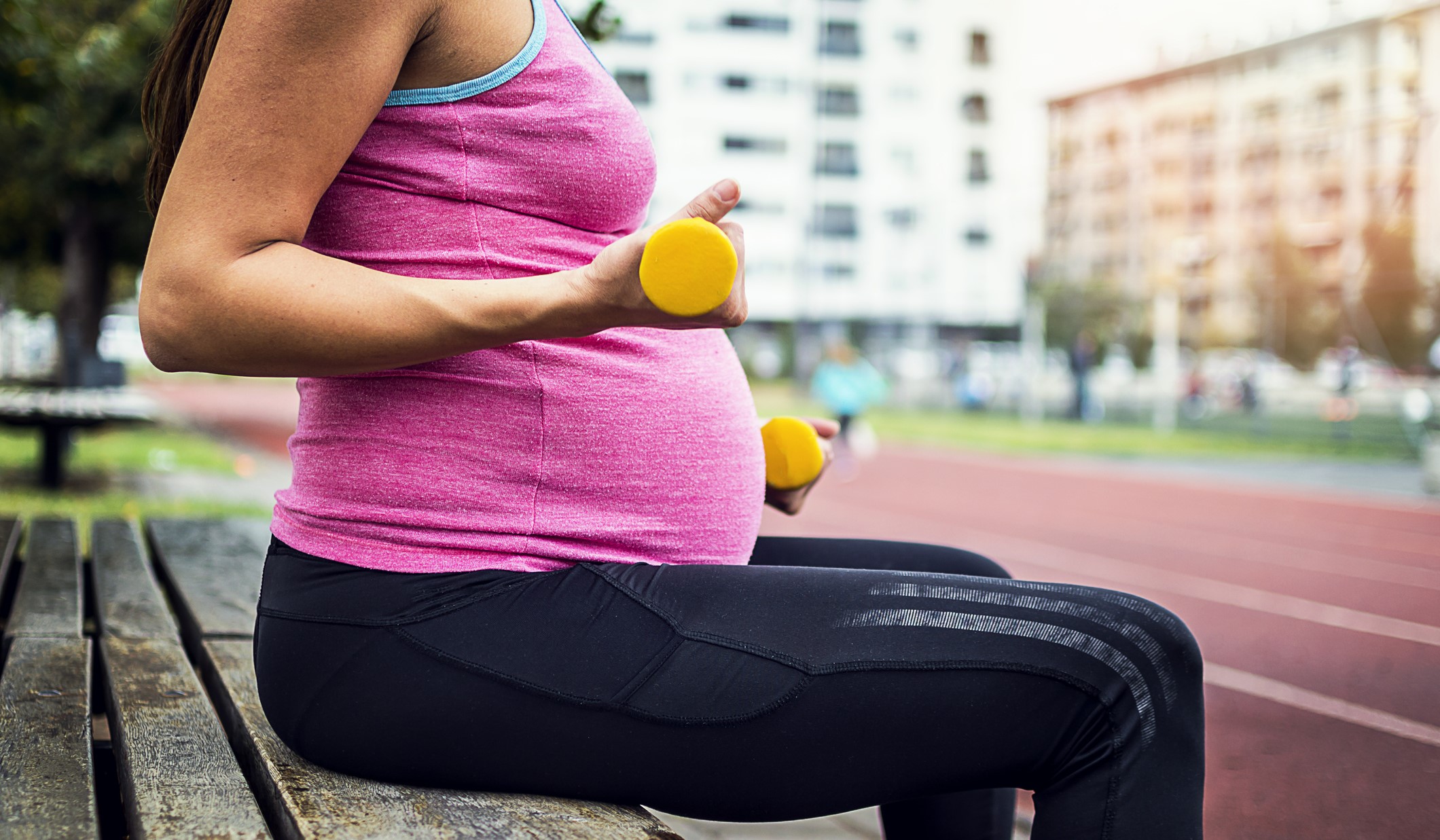When you’re expecting, you may feel more like kicking back than kick-starting an exercise routine. But for most women, pregnancy is the ideal time for maintaining or adopting an active lifestyle, according to the American College of Obstetricians and Gynecologists.
“Regular physical activity is linked to healthier pregnancies and better outcomes for both mother and baby,” says board-certified obstetrician/gynecologist Michael S. Kirwin, MD, assistant chairman of obstetrics and gynecology at CentraState Medical Center. “Exercise can relieve back pain, ease constipation, promote better sleep, elevate mood and energy levels, and prevent excess weight gain. It may also decrease a pregnant woman’s risk for developing high blood pressure, gestational diabetes, and other pregnancy complications.”
Ready for a prenatal workout? Dr. Kirwin shares a few tips and recommendations:
Check first — Always consult with your obstetrician or health care provider before exercising during pregnancy. Exercise may not be advised for women with certain medical or obstetric complications.
Keep the pace — If you were active previously, you can probably continue your normal workout with some modification. For example, you may still enjoy yoga or Pilates if you avoid poses that require lying on your back. Light strength conditioning is also permitted.
Start small — If you’re new to exercise, try walking five minutes per day and build up gradually until you reach 30 minutes per day.
Choose safe activities — Walking, swimming, moderate-intensity aerobics, and stationary cycling are great options. Steer clear of scuba diving, contact sports, exercising at high altitudes, and activities that pose a risk of falling or injury.
Stay cool and hydrated — Drink plenty of water, wear loose-fitting clothing, and avoid getting overheated. (Skip the hot yoga!)
Watch for warnings — Stop exercising and call your doctor if you experience vaginal bleeding or fluid leakage, dizziness, headache, shortness of breath, chest pain, calf pain or swelling, muscle weakness, rapid heartbeat, or uterine contractions.
Don’t overdo it — If you’re uncomfortable or can’t talk during your workout, you may be exercising too strenuously.
In most cases, you can exercise right up to your delivery date — and beyond. Consider a stroll with your newborn or joining a mommy-and-me class. Postpartum workouts will help you shed the extra pounds and stay fit.
For information about CentraState’s First Impressions Maternity Center, call 866-CENTRA7 (866-236-8727).



